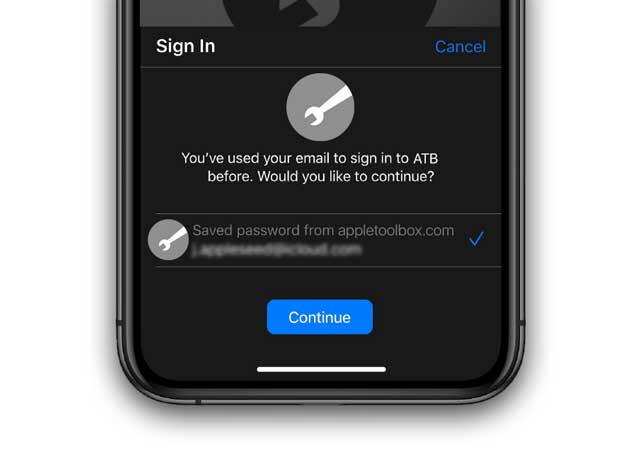

- NOX EMULATOR MAC PASSWORD PROMPT UPDATE
- NOX EMULATOR MAC PASSWORD PROMPT ANDROID
- NOX EMULATOR MAC PASSWORD PROMPT VERIFICATION
- NOX EMULATOR MAC PASSWORD PROMPT SOFTWARE
- NOX EMULATOR MAC PASSWORD PROMPT DOWNLOAD
NOX EMULATOR MAC PASSWORD PROMPT VERIFICATION
NOX EMULATOR MAC PASSWORD PROMPT SOFTWARE
use only HTTPS to deliver software updates in order to minimize the risks of domain hijacking and Man-in-the-Middle (MitM) attacks.

The company has implemented the following measures to improve the users' security:
NOX EMULATOR MAC PASSWORD PROMPT UPDATE
Update February 04, 08:51 EST: BigNox told both BleepingComputer and ESET that the initial denial of NoxPlayer's infrastructure compromise was a misunderstanding. Update February 02, 07:30 EST: Added a statement from BigNox. "We need to check all the files to make sure the details of the report."ĮSET said that after disclosing their findings on January 25th, 2021, BigNox denied being affected. "We have also offered our support to help them past the disclosure in case they decide to conduct an internal investigation," Sanmillan added. "In his report, the accuracy of detailed information and data is being actively checked and processed, so the reports can't be published without our agreement," BigNox said. BigNox has now contacted ESET to further investigate the incident.
NOX EMULATOR MAC PASSWORD PROMPT DOWNLOAD
"For uninfected NoxPlayer users, do not download any updates until BigNox sends notification that they have mitigated the threat, furthermore, best practice would be to uninstall the software."Ī BigNox spokesperson told Bleeping Computer that they were not given enough time to fully review ESET's report before it was published. "To be on the safe side, in case of intrusion, perform a standard reinstall from clean media," Sanmillan said. This is because the Operation NightScout instead focused on gaming community targets, a somewhat peculiar and rarely seen way of collecting info in a highly targeted cyberespionage operation. While ESET uncovered other supply-chain attacks last year, such as Operation StealthyTrident targeting Able Desktop users, WIZVERA VeraPort banking and government targets, and Operation SignSight which led to the compromise of Vietnamese government signing software, Nightscout it's somewhat of a different beast.


The malicious updates delivered through NoxPlayer's compromised update mechanism included an unknown malware with monitoring capabilities and the extensively used Gh0st remote access trojan (RAT).Ī third malware, the PoisonIvy RAT, was also discovered by ESET while investigating the supply-chain attack but this was delivered as a second-stage payload, from the attackers' own infrastructure not by deploying malicious NoxPlayer updates.ĭespite the vast amount of victims that could've been infected between September 2020 when the supply-chain attack started and January 2021 when it was discovered, the NightScout threat actor instead chose to infect five targets from Taiwan, Hong Kong, and Sri Lanka, revealing this operation's highly-targeted nature. In some cases, additional payloads were downloaded by the BigNox updater from attacker-controlled servers," ESET researcher Ignacio Sanmillan said. "We have sufficient evidence to state that BigNox’s infrastructure was compromised to host malware and also to suggest that their API infrastructure could have been compromised. To deliver the malicious payload on their targets' systems, the hacker group behind the operation dubbed NightScout compromised BigNox's storage infrastructure to store the malware and the API infrastructure to deploy the payloads. NoxPlayer is used by gamers from over 150 countries around the globe according to BigNox but, as ESET found in January 2021, the supply-chain attack was focused on infecting only Asian gamers with at least three different malware strains.
NOX EMULATOR MAC PASSWORD PROMPT ANDROID
ESET researchers have discovered that the updating mechanism of NoxPlayer, an Android emulator for Windows and macOS, made by Hong Kong-based company BigNox, was compromised by an unknown threat actor and used to infect gamers with malware.


 0 kommentar(er)
0 kommentar(er)
